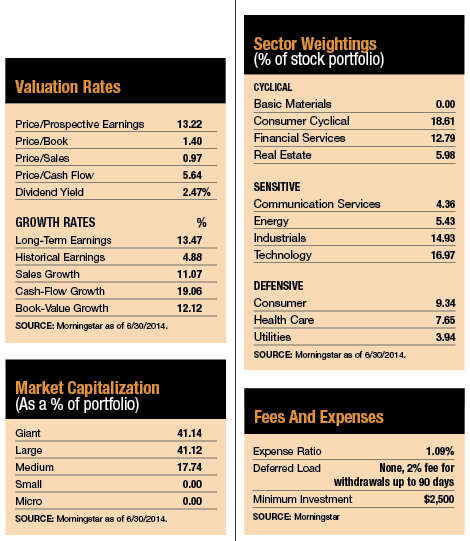
Another concern among investors is the rapid expansion of credit in China, which some worry could lead to a credit bubble. The borrowing binge began in 2008, when the government enacted a massive stimulus plan and called on banks to lend aggressively in the wake of the global financial crisis. Over the last five years, credit has grown by 25% to 30% annually, about two to three times the rate of GDP growth. Additionally, many companies previously unable to access credit took out loans through the “shadow banking system” at rates well above those of mainstream banks. This informal system of financial intermediaries—which mimic many of the lending functions of commercial banks—includes hedge funds; broker-dealers; and even informal family, village and social networks that provide capital for individuals and businesses.
Gao doesn’t believe the aggressive lending will spark a credit crisis in which borrowers default on a massive scale. Since early 2013, he says, both the government and banks have been more selective about whom they lend money to. “The expansion is slowing down, banks are lending more prudently, and there has been more of an effort to clean up bad debts,” he says. “The government is not just handing out blank checks.”
China’s Next Chapter
November 3, 2014
« Previous Article
| Next Article »
Login in order to post a comment








